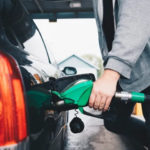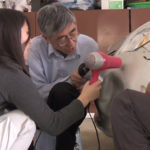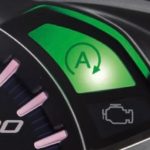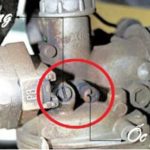For drivers, fuel efficiency is a primary concern to keep costs down. Today, let’s explore the ideal driving speed and techniques to save on gas.
1. What’s the ideal driving speed to save gas?
Does driving slowly use less gas?
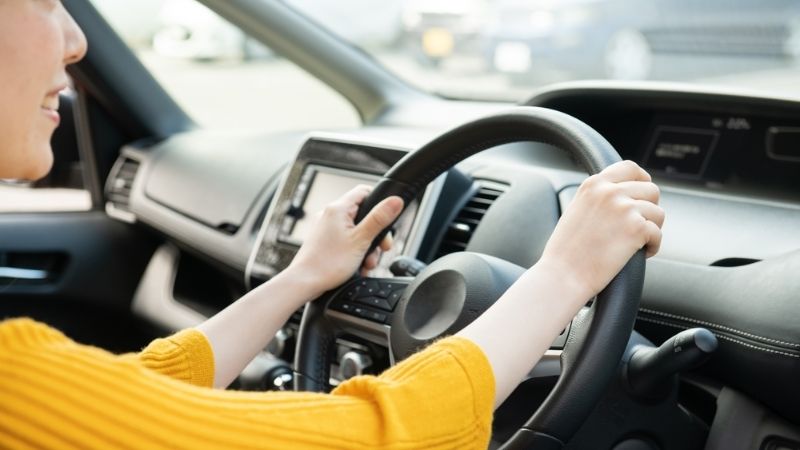 Driving too slowly won’t save fuel
Driving too slowly won’t save fuel
Contrary to popular belief, driving slowly does not necessarily save fuel. When you drive slowly, your engine typically operates at 1000 – 3000 rpm, which requires more fuel to be pumped and burned per cycle.
Additionally, while driving slowly reduces air resistance, driving at higher speeds increases it exponentially. As a result, driving too fast makes the engine work harder, and the high air resistance leads to reduced fuel efficiency.
What’s the most fuel-efficient speed?
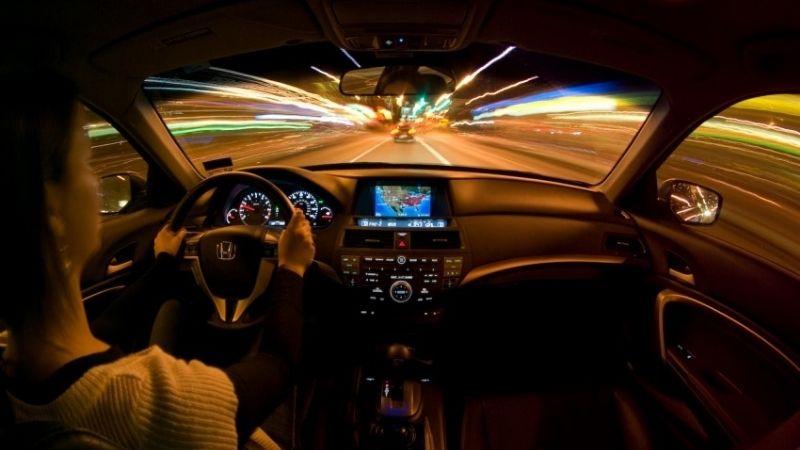 Moderate speeds are best for fuel efficiency
Moderate speeds are best for fuel efficiency
For optimal fuel efficiency, it’s best to maintain a speed of 40-80 km/h. At this range, air resistance is moderate, and the engine shifts to higher gears for more efficient revolutions.
With the exception of aerodynamically designed vehicles, driving at speeds of 96-104 km/h will result in sub-optimal fuel efficiency per kilometer.
2. Tips for fuel-efficient refueling
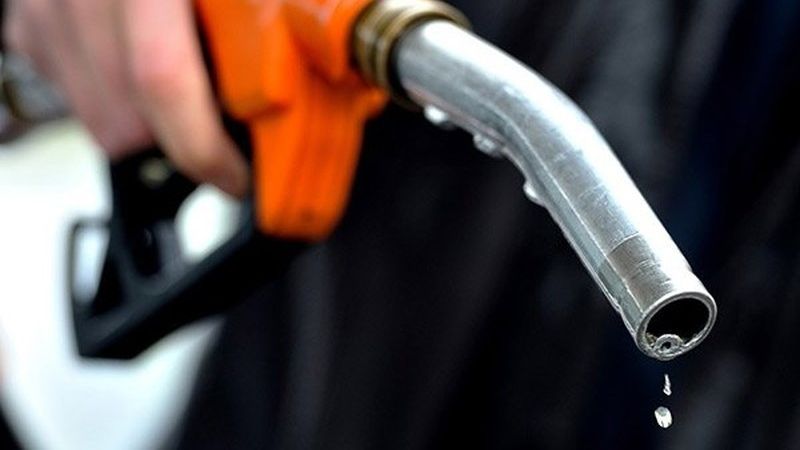 Tips for fuel-efficient refueling
Tips for fuel-efficient refueling
To save on refueling costs, consider the following tips:
- Don’t fill your tank to the brim: Refueling to the maximum can strain your vehicle, as it requires more energy and puts more weight on the engine. It’s best to refuel at moderate levels.
- Use the right type of gas: Using the correct gas for your vehicle ensures a smoother ride and better fuel efficiency. Opt for A95 gas for scooters and A92 for manual transmission cars.
- Check fuel quality: Always refuel at reputable stations to avoid issues like water-mixed gas or low-quality fuel, which can damage your engine.
These tips will help you save money on gas and maintain your vehicle’s performance. Keep them in mind whenever you hit the road!
Tips on Maximizing Gas Mileage in Your Car
Are you looking for ways to save on fuel for your personal car? Our experts have some tips that could help you make your vehicle more fuel-efficient. Read on to find out more!

























